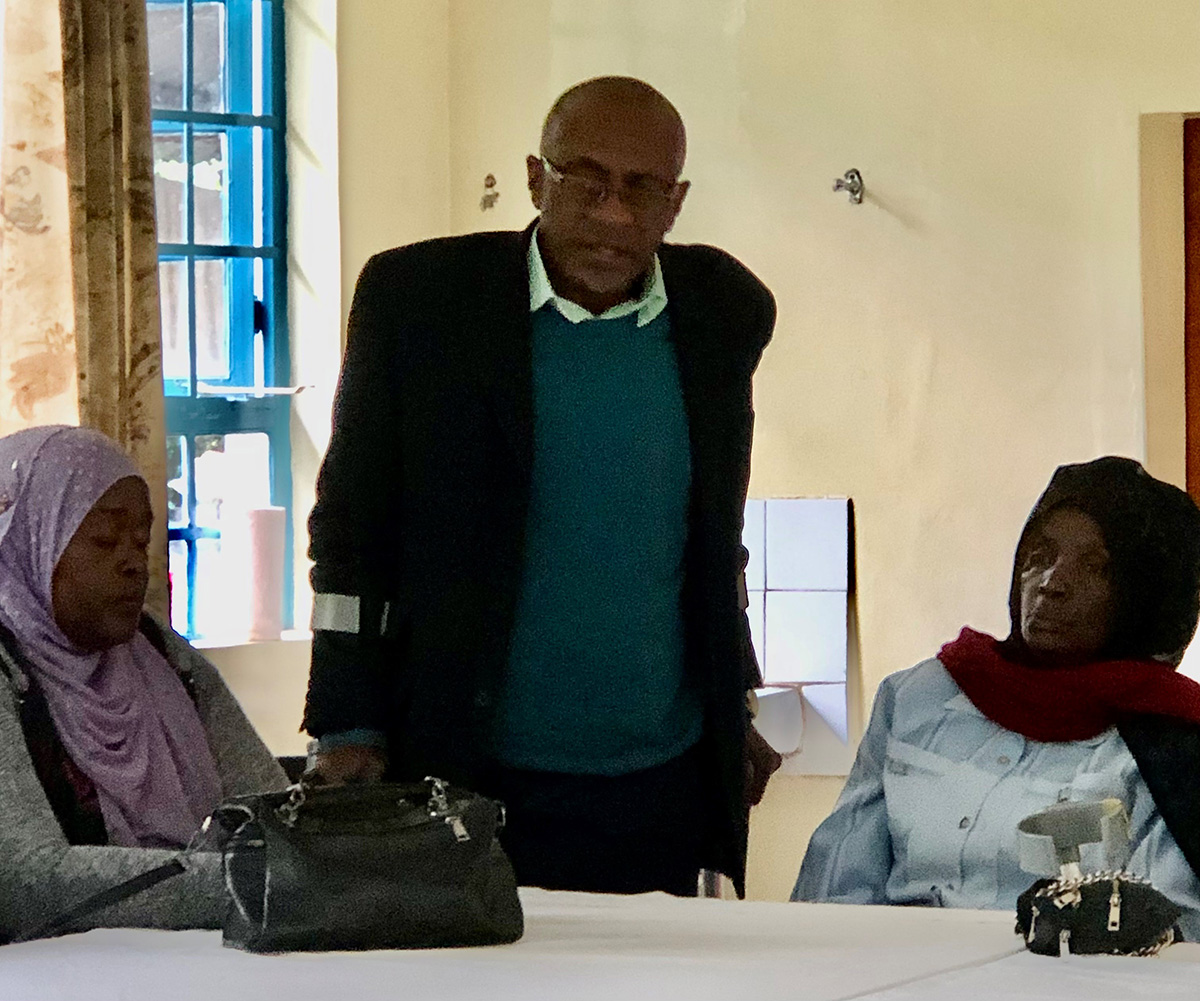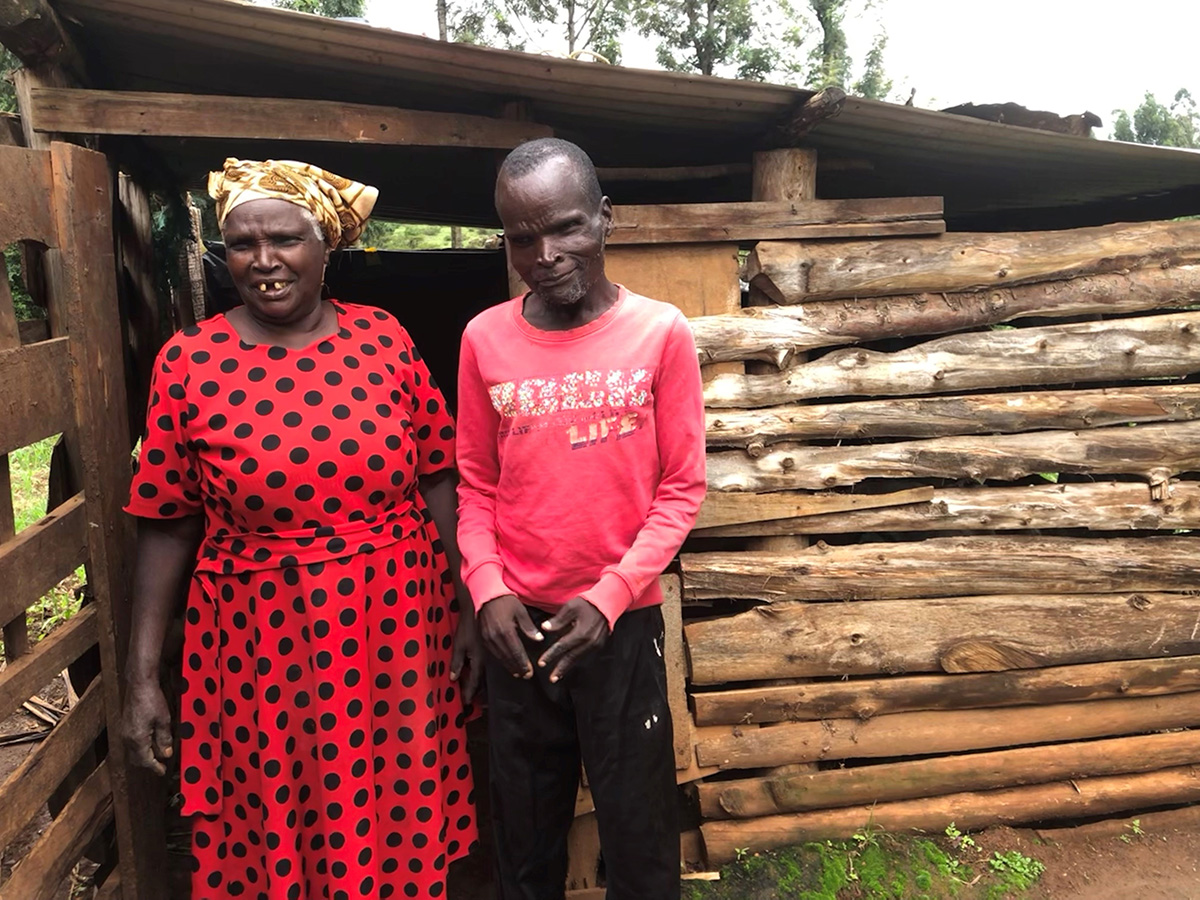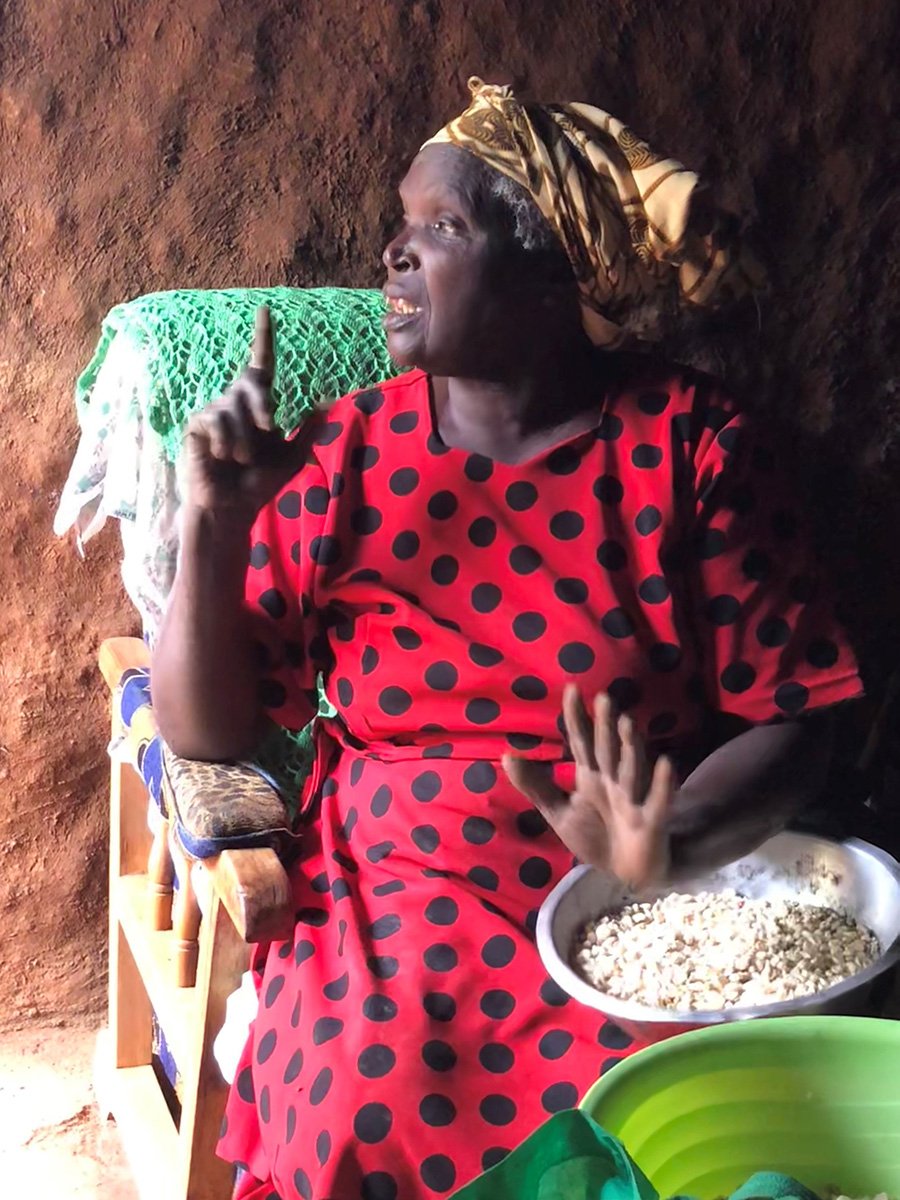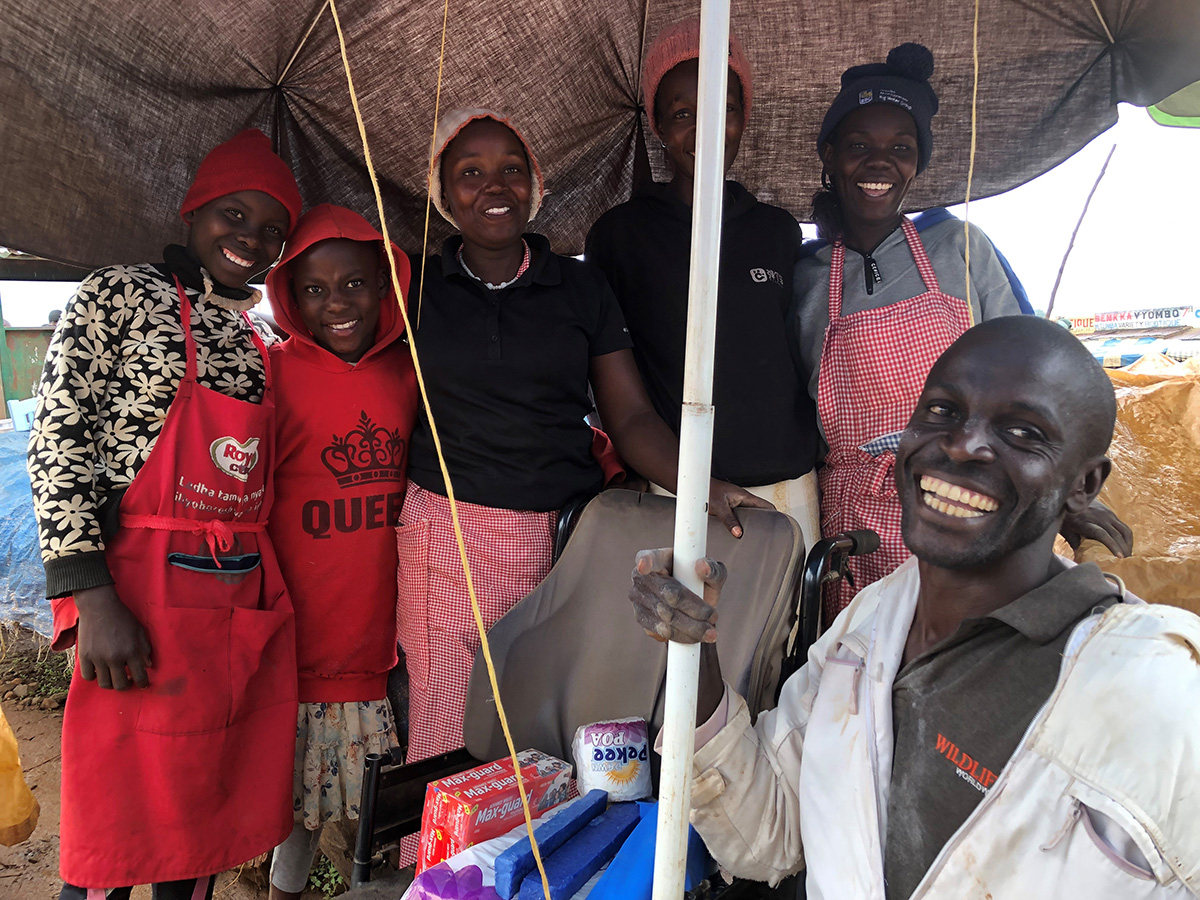People living with disabilities succeeding in small business ventures
ABM AID’s Dr Julianne Stewart recently had the privilege of meeting dozens of people in Eldoret and surrounding counties (in the north Rift Valley part of Kenya) who are participating in the Livelihoods for People Living with Disabilities project implemented by the Anglican Diocese of Eldoret and supported by ABM AID.
It was a remarkable experience.
First, more than two dozen people living with a disability, or their parent in some cases, were invited to a lunch where AID was invited to ask each person about the key changes brought by the project as well as key challenges and how they would like to see the project develop.
Seth, a qualified architect who has a physical disability, said at the lunch, “This project has helped me gain easy access to fundraising. It has made it possible for me to start my own school, so that I can feed my family and myself. I couldn’t get a job as an architect, so I teach young people about architecture.” The diocese has even made available a room where he can do his teaching twice a week.
Others spoke of how gaining access to small business loans had enabled them to make a living, supporting families in many cases and sending their children to school.
One young man, Collins, who lives with cerebral palsy, said that he had obtained a wheelchair which enabled him to go each day to the market and back. He also said that members of his Salvation Army church, who had been made more aware of the rights of people with a disability, had helped him replace the dirt floor in his home with a cement one. “My business, selling home necessities at the market, helps me buy food, so I can eat something at the end of each day. Before the project, I only had one meal a day. Now I have three.” Collins also mentioned that thieves had recently broken into his house and stolen his market takings, and his mentor at the church had recently died, both of which he felt were significant setbacks.
The next day, Saturday, AID accompanied Mrs Nelly Maiyo, the Diocesan Project Coordinator, and driver Wesley, on a trip around the city and countryside, visiting some of the project participants.
One that stood out was a visit to the small farm owned by Teresia, aged 76, mother to Daniel, aged 41, who has an intellectual disability and is non-verbal. For many years, Daniel did not come home and used to sleep in the streets, in front of the shops, having no access to hygiene facilities, and begging for food. When Teresia joined the project, she kept pigs, but also decided to apply for a loan to buy a sheep for Daniel. She reasoned he would enjoy looking after it, and it might encourage him to stay at home, eat healthy meals and have regular baths. When AID arrived at the farm, the first person we met was Daniel, looking after his sheep. He then took us to meet his mother in their small, mud-walled house with a corrugated iron roof. Inside the house, with the light streaming in through the open doorway, Teresia told us about her plans for greater financial security for Daniel. “Once this pig has a litter”, she said, “I plan to sell the piglets and use the money to buy more sheep, since sheep are less vulnerable to disease than pigs”. She has also planted tomatoes and kale on the family plot of land.
Later, when we arrived at the marketplace, we met up with Collins, selling his wares. It was pouring with rain, but he greeted us with a huge smile. Two fellow stallholders had been helping him set up and cover his products from the rain. They had also been advising him to use his next loan from the project to buy in bulk so that his profit margins would be greater. Additionally, they suggested he start depositing his takings into the bank before he goes home, to reduce the risk of theft. Since he makes up to 500 Kenya shillings (about $6) on a good day, depositing in this way is quite possible using the national Mpesa mobile banking system. He also told us that someone from his church was coming to visit him the next week. Many reasons to smile.
It seemed that Collins, Daniel, Seth, and the many others we spoke with and visited in their workplaces, would continue to make their living and grow their small businesses with support from the small loans, and, importantly, with a little help from family and friends.
The project currently has 41 participants, taking on new people as interest from the loan repayments makes more funds available. Donations from ABM AID’s generous supporters from the Diocese of Perth and around the country fund the management, mentoring, and monitoring of the project, and ensure that the work of awareness-raising of disability rights continues in churches and communities within the Diocese of Eldoret continues.
We thank the project participants for taking the time to show us their small business ventures and to answer our many questions.
ABM AID also thanks the Diocese of Eldoret, the Diocese of Perth, and all who donate to and pray for this project. Your prayers and gifts are really having an impact on people’s lives.

Seth suggests ways in which the project could develop. © Julianne Stewart/AID.

Teresia and Daniel outside their pig enclosure. © Julianne Stewart/AID.

Teresia shares her plans for the future. © Julianne Stewart/AID.
